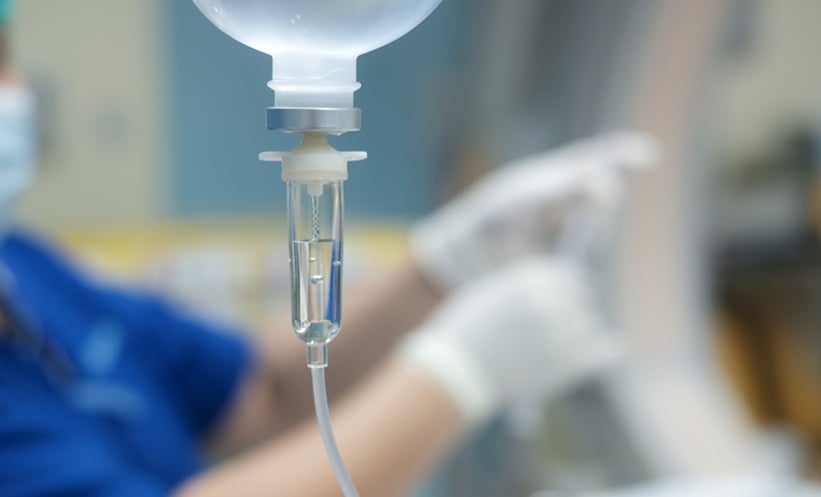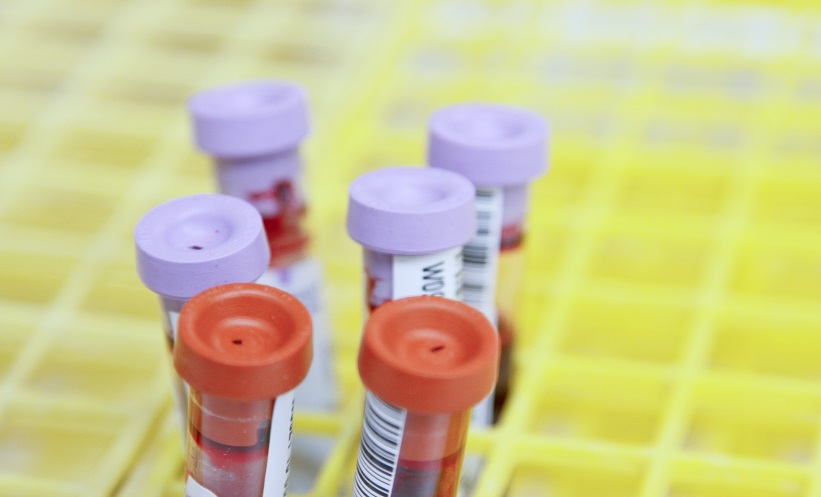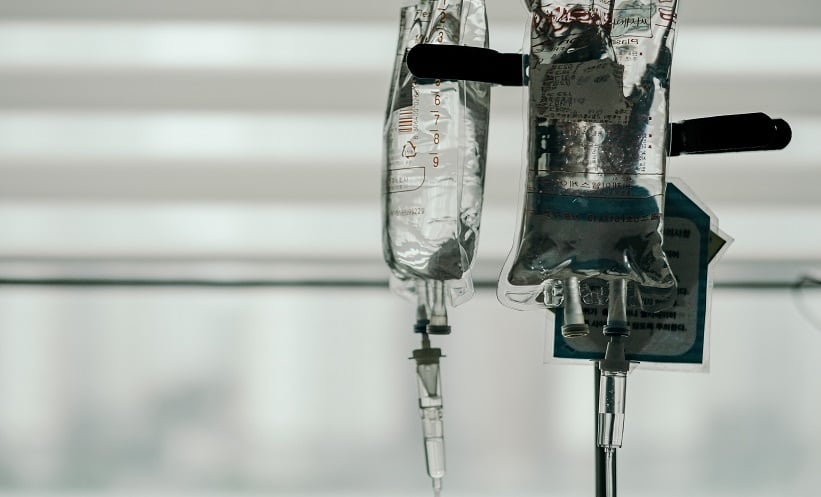CHEMOTHERAPY remains a cornerstone of cancer treatment, but its cytotoxic effects can lead to severe gastrointestinal side effects and disruption of gut microbiota. This imbalance, known as dysbiosis, has been linked to poorer treatment outcomes and adverse effects, particularly through the gut-liver axis. In an effort to address this, a recent study explored the combined impact of oral nutritional supplementation (ONS) and probiotics on gut microbiota and liver function in lung cancer patients undergoing chemotherapy.
Previous research has shown that ONS can enhance nutritional and immune status in cancer patients, while probiotics may reduce gastrointestinal complications. However, little is known about their combined effect on the gut-liver axis during chemotherapy. This study aimed to fill that gap, with results indicating that ONS combined with probiotics significantly improved liver function and gut microbiota composition.
Key findings included a marked increase in beneficial bacteria such as Lactobacillus acidophilus, Bifidobacterium longum, and Bacteroides fragilis, and a reduction in harmful species like Escherichia coli and Enterococcus faecalis in the intervention group. Additionally, endotoxin levels, which are associated with inflammation and intestinal barrier damage, were significantly lower in the intervention group. These results support the hypothesis that probiotics can protect the liver by reducing gut permeability and inflammation through microbiota regulation.
While the study did not observe significant differences in nutritional or immune markers – likely due to uniform dietary intake and a short intervention period – it reinforces the potential of probiotics in mitigating chemotherapy side effects. Notably, liver function markers improved despite no major shifts in immune status.
The study acknowledges limitations, including a short intervention period and lack of personalised microbiome profiling. Future research should focus on identifying optimal probiotic strains, dosages, and treatment durations to standardise clinical applications. Nonetheless, these findings suggest that probiotic supplementation, alongside nutritional support, may offer a promising adjunct therapy in managing chemotherapy-induced complications.
Reference
Li X et al. The effect of oral nutritional supplementation combined with probiotics on the liver function and intestinal microflora in lung cancer chemotherapy patients through the gut-liver axis. Sci Rep. 2025;15(1):10063.








